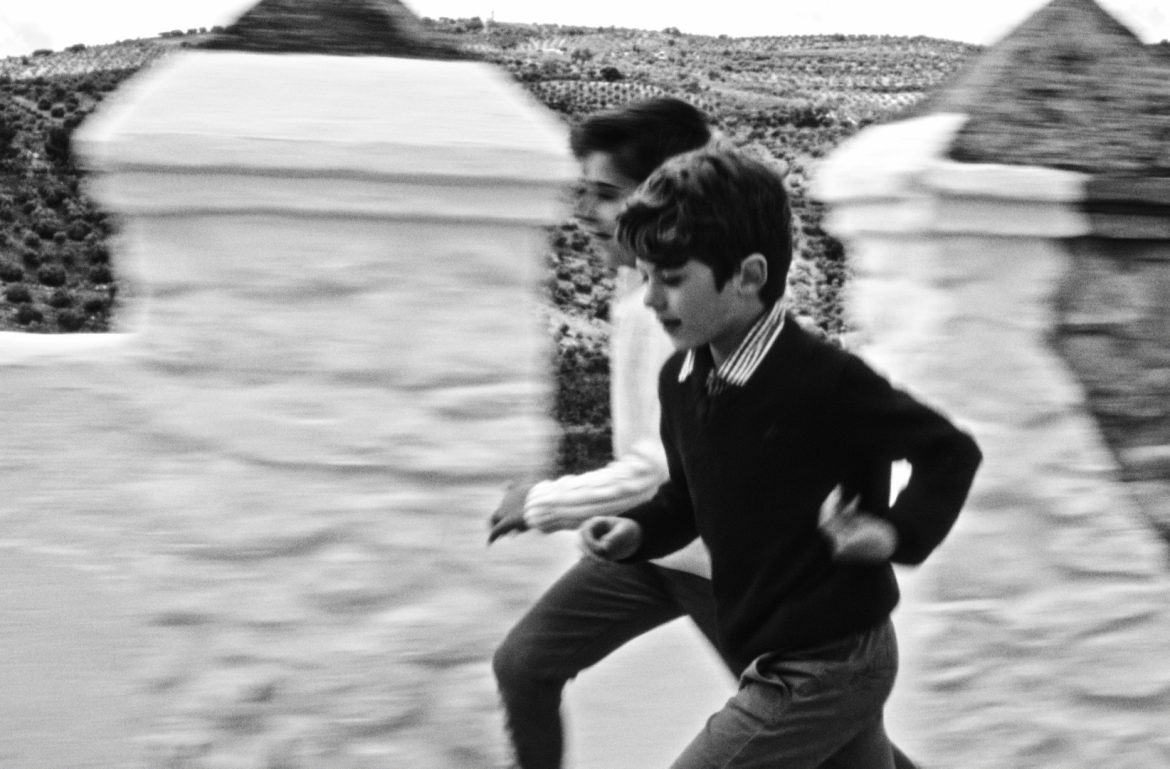- The less conventional Spanish cinema comes to the Festival with five feature films and four shorts
Las Palmas de Gran Canaria, April 5, 2024. The 23rd edition of the Las Palmas de Gran Canaria International Film Festival will show nine works in the competitive section Panorama Spain, which premieres in the Archipelago the most daring work of Spanish cinema, usually made on the margins and screened, mostly, within the festival circuit.
Even so, those in charge of the Gran Canarian Festival see signs of a certain fondness for works like 20,000 Species of Bees, included in last year’s section. Titles that, in the opinion of programmer Elodie Mellado, have managed the “holy trinity of success: captivating festivals, critics, and audiences alike.”
For the director of the Las Palmas de Gran Canaria Film Festival, Luis Miranda, the challenge is to track down and find worthy works that are capable of stirring the spectator. In this regard, Mellado speaks in the catalog of the work of festivals as “bastions for the most daring Spanish cinema.” Specially outside big cities that still keep independent exhibitors.
Along this programming line, the Festival organizers claim to have embarked on “a journey full of discoveries through a unique and constantly evolving cinematography that continues to embrace new horizons thanks to the fresh perspectives of its young filmmakers.”
Thus, among the feature films selected is the Special Critics Award at the last Malaga Film Festival, Nina, a story of multiple revenges that coexist with establishing roots signed by Andrea Jaurrieta; the study of a geographer on Granada farmhouses, tales and disappearances by Jaime Puertas: Tale of Shepherds, a work selected in Rotterdam and also in Malaga; the particular tribute of Luis Soto Muñoz and Alfredo Picaz to the Andalusian artist Paco Ariza with The Trail Left By Time, a black and white work that recovers childhood memories and different ways of understanding Easter Week which was also part of the 2023 MECAS market; the singular medium-length film by the indispensable Ion de Sosa Mamántula, an intergalactic visit by a spider in human form that seduces gay men to kill them, which already garnered attention in San Sebastian and Rotterdam; and the peculiar On the Go shot in 16 mm by Julia de Castro and María Gisèle Royo, selected for the festivals of Locarno, Valladolid, Gijón and Seville, about a union of convenience between a woman who longs for motherhood and someone who is looking for something on Grindr.
The short film selection offers the festival audience the possibility of discovering titles such as the last Crystal Bear from the Berlinale, Cura sana by Lucía G. Romero, a film that portrays some of the consequences of childhood abuse; the documentary Els Buits dealing with Franco’s repression and lesbian historical memory, filmed by Sofía Esteve, Isa Luengo and Marina Freixa Roca; the different ways of conceiving the future in a ruined farmhouse in Trenc D’Alba by Anna Llargués, a film shown in Cannes; or Counters, the struggle of metalworkers in the context of negotiations for a new collective bargaining agreement, a work by Irati Gorostidi Agirretxe that also appeared at Cannes.
Contadores (Counters) (Irati Gorostidi Agirretxe, Spain, 2023, 19 min.)
Cura Sana (Lucia G. Romero, Spain, 2024, 18 min.)
Els Buits (Gaps) (Sofia Esteve, Isa Luengo, Marina Freixa Roca, Spain, 2024, 19 min.)
Historia de pastores (Tale of Shepherds) (Jaime Puertas Castillo, Spain, 2024, 80 min.) – DEBUT FILM
Los restos del pasar (The Trail Left by Time) ( Alfredo Picazo, Luis Soto Muñoz, Spain. 2023, 83 min.) – DEBUT FILM
Mamántula (Ion de Sosa, Germany, Spain, 2023, 48 min.)
Nina (Andrea Jaurrieta, Spain, 2024, 105 min.)
On the Go (María Gisèle Royo, Julia de Castro, España, 72 mins, 2023) – DEBUT FILM
Trenc d’Alba (Crack of Dawn) (Anna Llargués, Spain, 2023, 28 min)
Share this Post




